ACE’s Recommended Charities work in ways that are most likely to produce the greatest gains for animals, actively evaluate and improve their programs, and have a demonstrated need for more funding. We promote them as excellent examples of effective advocacy. If you are inspired by our Recommended Charities, please make a gift to our Recommended Charity Fund. Your single donation will support all of ACE’s effective Recommended Charities and their impactful programs to reduce animal suffering around the globe.
Helping People Help Animals
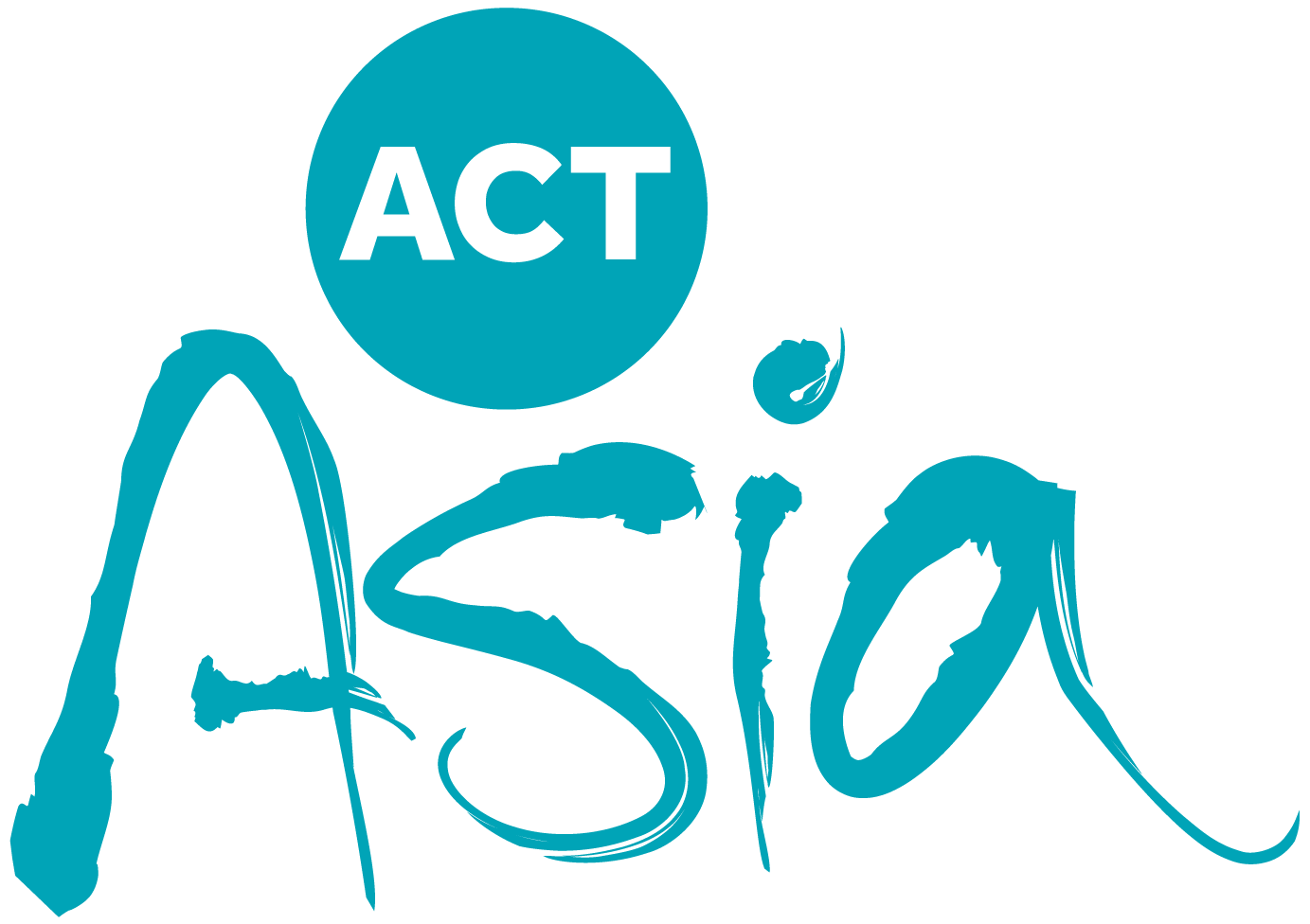
ACTAsia
ACTAsia works to drive long-term, sustainable change for animals, people, and the environment through a range of education programs for children, consumers, and professionals. The award-winning programs, recognized by the UN, drive positive and sustainable long-term change in Asian societies, helping people to understand and appreciate the importance of the interdependence of animals, people, and the environment. Education helps to increase awareness and understanding of animal sentience and interconnectivity of all living things—something which can be lacking in parts of Asian society owing to a complex range of historical, political, and socio-economic factors. ACTAsia is registered as a nonprofit organization in the U.K., the Netherlands, and Australia, with 501(c)3 status in the U.S. and offices in China. ACTAsia has a Special Consultative Status with UN ECOSOC.

Animal Rights Center Japan
Animal Rights Center Japan (ARCJ) is a nonprofit organization dedicated to eliminating the unethical treatment of animals, protecting animals’ rights and dignity, and alleviating the suffering of animals due to human activity. ARCJ currently focuses on farmed and aquatic animals. The organization engages in nationwide efforts to create networks for animal rights and animal welfare actions, negotiates with corporations, conducts investigations, lobbies on behalf of animals, and runs campaigns.
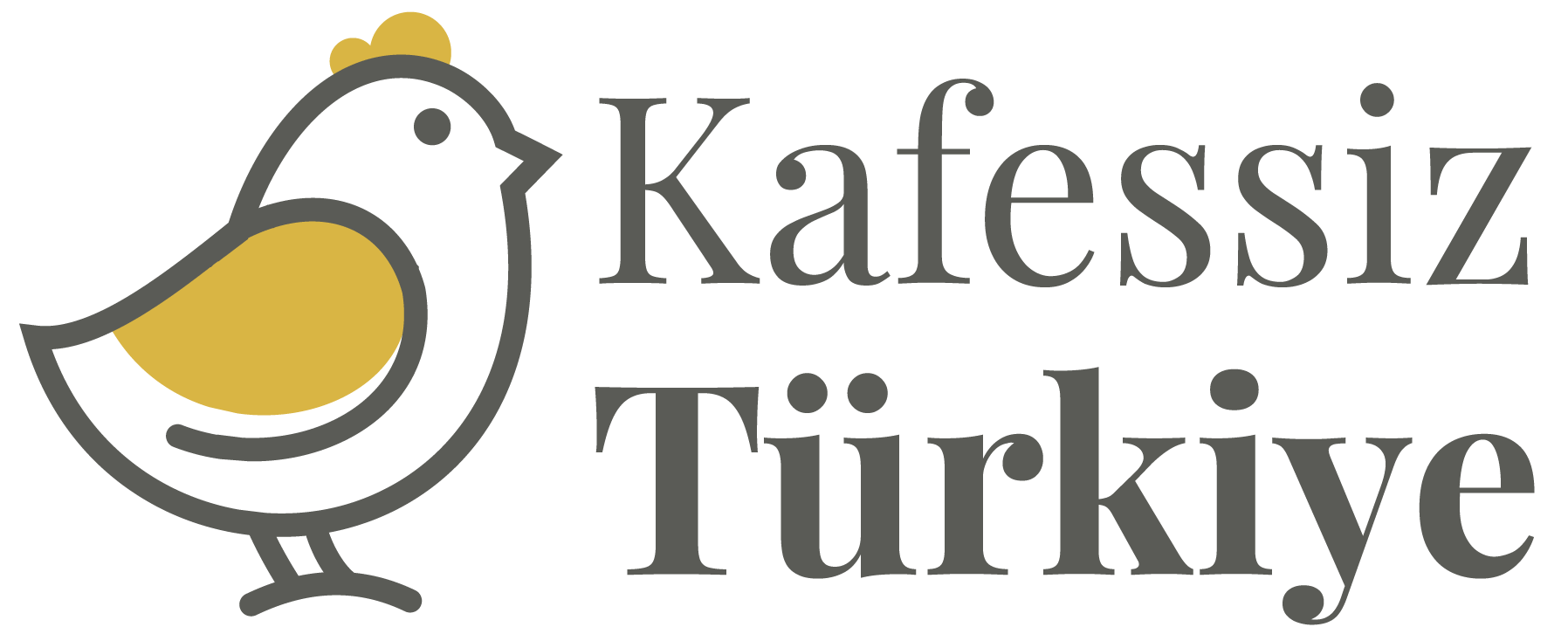
Çiftlik Hayvanlarını Koruma Derneği
Çiftlik Hayvanlarını Koruma Derneği (CHKD), also known as Kafessiz Türkiye, is a Turkey-based organization that is primarily dedicated to improving farmed animal welfare standards—in particular, farmed chickens and fishes. They achieve this through corporate outreach, individual outreach, and media outreach. They also engage in research, education, and capacity-building initiatives to strengthen the animal advocacy movement. CHKD received a Movement Grant from ACE in 2021 and became a Recommended Charity in 2022.

Dansk Vegetarisk Forening
Dansk Vegetarisk Forening (DVF) is a Denmark-based organization dedicated to increasing the availability of animal-free products, strengthening the animal advocacy movement, and reducing the consumption of animal products. DVF specifically engages in policy work on agricultural reform and the right to access plant-based food, as well as corporate and institutional outreach to food companies to make plant-based options more available. They also conduct research, run a product-labeling scheme, offer an educational program for children and youth, and lead a public outreach program promoting plant-based nutrition. DVF received Movement Grants from ACE in 2020 and 2022, and they became a Recommended Charity in 2022.

Dharma Voices for Animals
Dharma Voices for Animals (DVA), the world’s only international Buddhist animal rights organization, conducts most of their work in Sri Lanka, Thailand, Vietnam, and the U.S. DVA’s programs align with the specific contexts and priorities of the countries where they operate. While many of DVA’s programs focus on dietary change, they also lobby for animal welfare legislation, provide veterinary care, and work with restaurant owners to encourage them to transition to vegan business models. DVA was a Recommended Charity between November 2021 and November 2023.
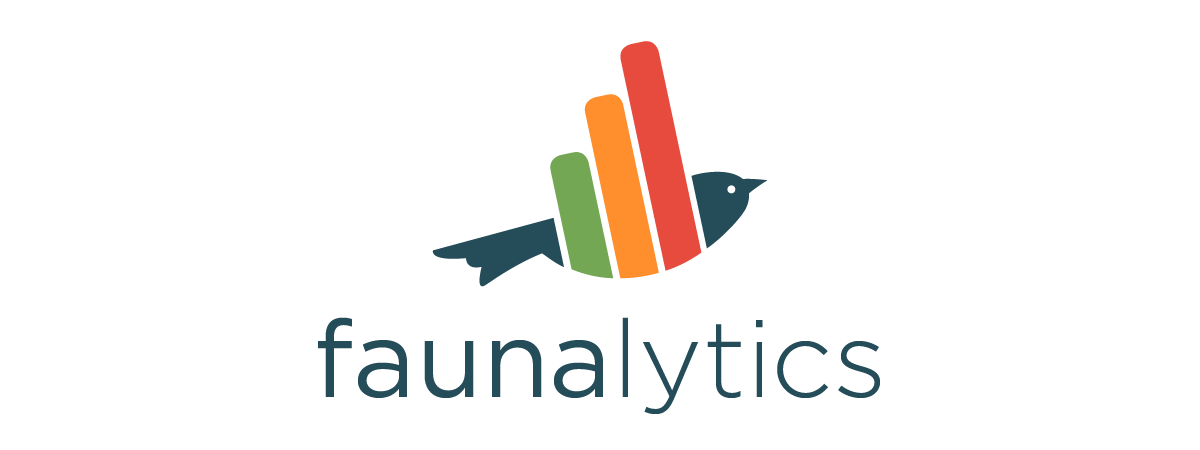
Faunalytics
Faunalytics is a U.S.-based organization that connects animal advocates with information relevant to advocacy. Their work mainly involves conducting and publishing independent research, working directly with partner organizations on various research projects, and promoting existing research and data for animal advocates through their website’s content library. Faunalytics has been a Recommended Charity since December 2015.

Fish Welfare Initiative
Fish Welfare Initiative (FWI) works to improve the welfare of farmed fishes. The majority of their work takes place in India, but they also work or have worked in China and the Philippines. Their main program in India, the Alliance For Responsible Aquaculture, involves them working directly with fish farmers to implement mainly water quality improvements. FWI also heavily invests in Research and Development on the ground to identify more cost effective welfare improvements. FWI became a Recommended Charity in 2022.
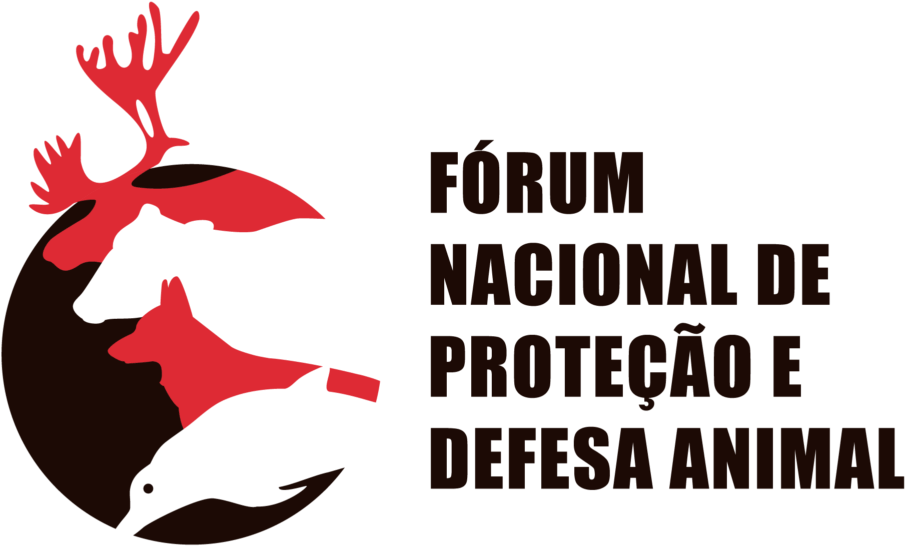
Fórum Nacional de Proteção e Defesa Animal
The Fórum Nacional de Proteção e Defesa Animal (The National Forum for Animal Protection and Defense, also known as Fórum Animal) has worked for more than 20 years to unite activists and strengthen efforts to protect all species in Brazil. They have formed a supportive network for other NGOs across the nation, with over 100 affiliated groups striving to safeguard the environment, protect animals, and promote the recognition of animal sentience and dignity. Fórum Animal is the only organization of its kind to file a lawsuit against the Brazilian constitution and demand better animal protection laws in the country.
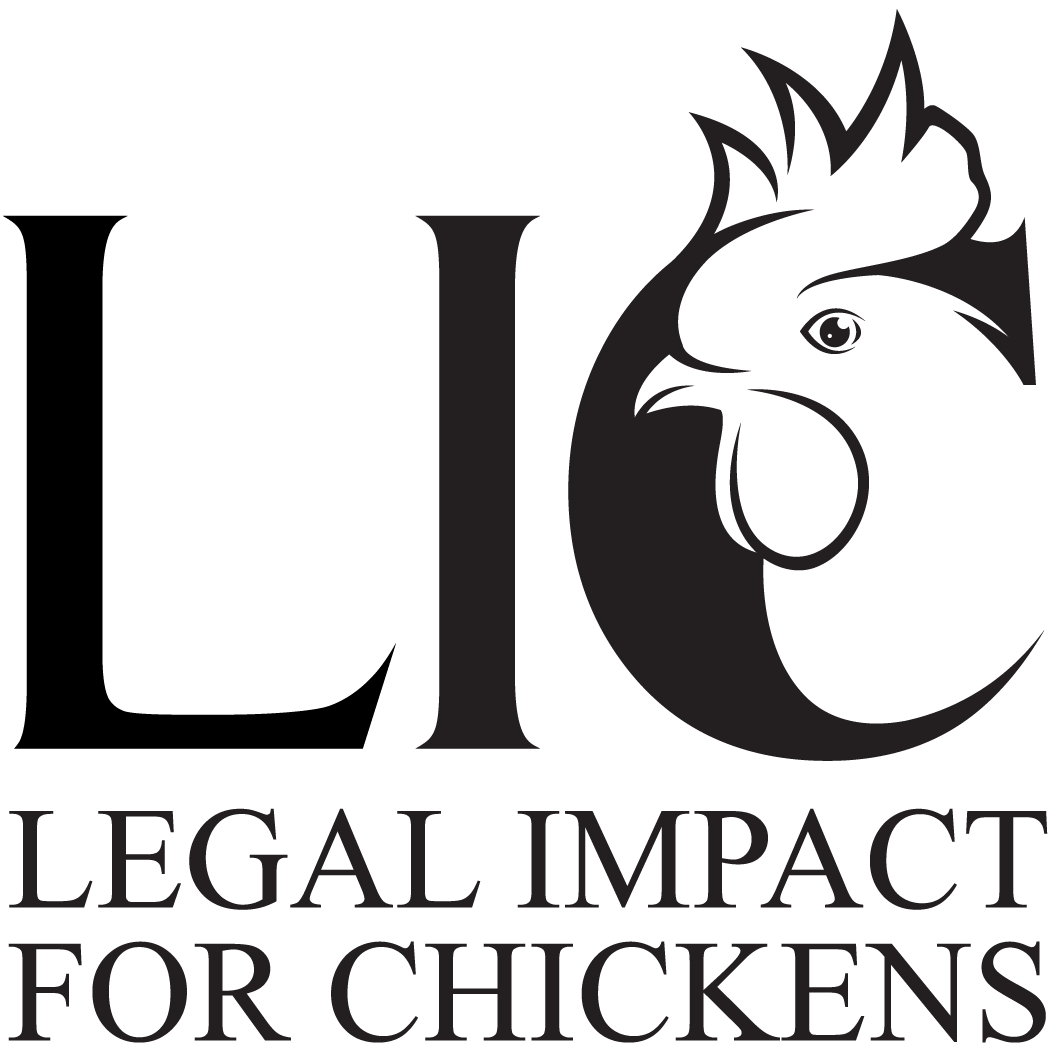
Legal Impact for Chickens
Legal Impact for Chickens (LIC) works to make factory-farm cruelty a liability in the United States. LIC files strategic lawsuits for chickens and other farmed animals, develops and refines creative methods to civilly enforce existing cruelty laws in factory farms, and sues companies that break animal welfare commitments. LIC’s first lawsuit, the shareholder derivative case against Costco’s executives for chicken neglect, was featured on TikTok and in multiple media outlets, including CNN Business, Fox Business, The Washington Post, and Meatingplace (an industry magazine for meat and poultry producers). This is the first year that Legal Impact for Chickens has become a Recommended Charity.

Mercy For Animals
Mercy For Animals (MFA) operates in the U.S., Brazil, Canada, Hong Kong, India, and Mexico. MFA’s work focuses on strengthening the animal advocacy movement and improving animal welfare standards, as well as decreasing the consumption of animal products and increasing the availability of animal-free products. They engage in a variety of farmed animal advocacy programs, often involving the distribution of footage from their undercover investigations of factory farms, which they primarily promote via media outreach and online campaigns. MFA also engage in corporate and institutional outreach, research, lobbying, and policy work. They recruit and train volunteers and support farmers in transitioning away from animal agriculture. MFA was a Recommended Charity several times between 2014 and 2023.

New Harvest
New Harvest advances the field of cellular agriculture (i.e., the development of animal products using cells instead of animals). New Harvest builds the field of cellular agriculture through multi-stakeholder initiatives, policy engagement, and collaborative grant projects. New Harvest’s approach to field-building has contributed to the publication of over 50 scientific works in cellular agriculture, the training of over 35 cellular agriculture experts, and the establishment of three academic institutes dedicated to cellular agriculture worldwide. New Harvest was selected as a Recommended Charity in both December 2015 and November 2021.
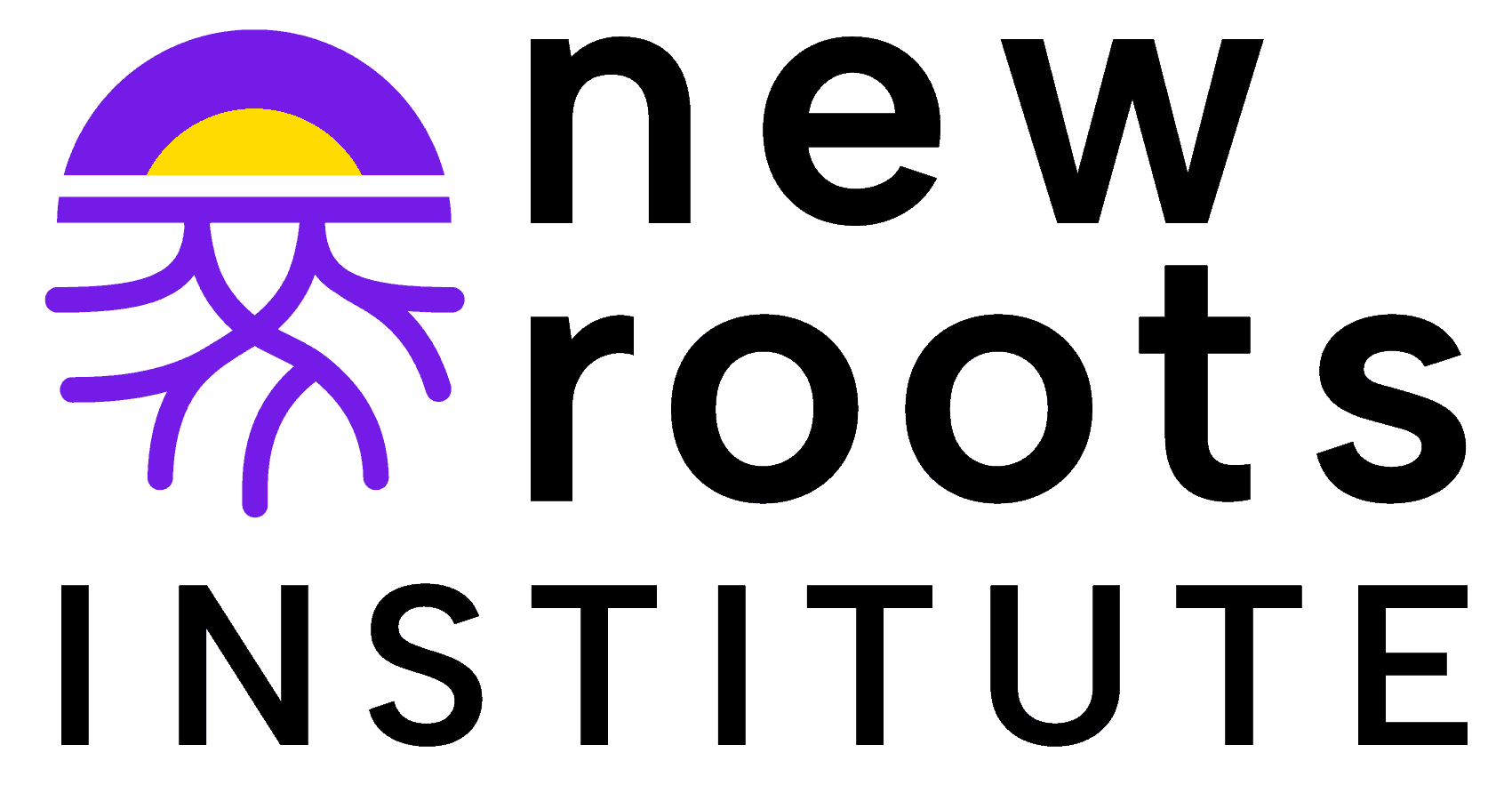
New Roots Institute
New Roots Institute (formerly known as Factory Farming Awareness Coalition) is a U.S.-based organization that works to empower the next generation to end factory farming. Their educational outreach program in classrooms throughout the U.S. is designed to inspire critical thinking and spark dynamic discussions about the connections between industrial animal agriculture and important issues like animal welfare, climate change, environmental sustainability, human rights, and personal and public health. Through the organization’s Leadership Program, students interested in a deeper exploration of factory farming’s impacts and solutions can participate in a yearlong fellowship, where they receive training in communication, organizing, and other critical leadership skills. New Roots Institute received Movement Grants from ACE in 2019 and 2022. This is the first year that New Roots Institute has become a Recommended Charity.

Shrimp Welfare Project
Shrimp Welfare Project (SWP) is the first organization to focus exclusively on improving farmed shrimp welfare. Their efforts include corporate and producer outreach and raising awareness about the welfare of farmed shrimps. The organization collaborates with stakeholders across the supply chain, including retailers and medium-to-large producers of shrimp, to improve welfare standards. SWP also runs the Sustainable Shrimp Farmers of India, which takes a farmer-centric approach to improving welfare standards on farms in the country. SWP conducts and disseminates relevant research and participates in effective altruism, animal welfare, and shrimp farming industry conferences to increase the visibility of shrimp welfare as a neglected and tractable issue. Shrimp Welfare Project received a Movement Grant from ACE in 2022. This is the first year that Shrimp Welfare Project has become a Recommended Charity.

Sinergia Animal
Sinergia Animal operates in Indonesia, Thailand, Argentina, Brazil, Colombia, Uruguay, Chile, Ecuador, and Peru. They work to improve farmed animal welfare standards, increase the availability of animal-free products, decrease the consumption of animal products, and strengthen the animal advocacy movement. Sinergia Animal engages in corporate outreach to secure animal welfare commitments from major retailers. They also engage in investor and media outreach, policy work, investigations, individual and producer outreach, institutional outreach, and research. Sinergia Animal has been a Recommended Charity since November 2018.
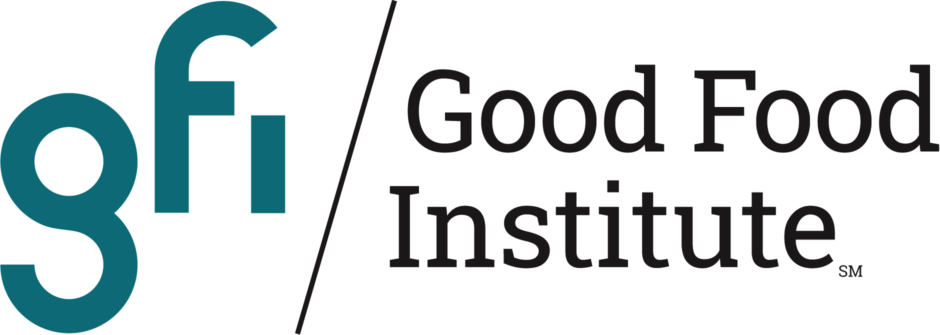
The Good Food Institute
The Good Food Institute (GFI) currently operates in the U.S., Brazil, India, Asia-Pacific region, Europe, and Israel, where they work to increase the availability of animal-free products through supporting the development and marketing of plant-based and cell-cultured alternatives to animal products. They achieve this through corporate engagement, institutional outreach, and policy work. They also work to strengthen the capacity of the animal advocacy movement through supporting research and start-ups focused on alternative proteins. GFI was a Recommended Charity from November 2016 to November 2021. They were recommended again in 2022.
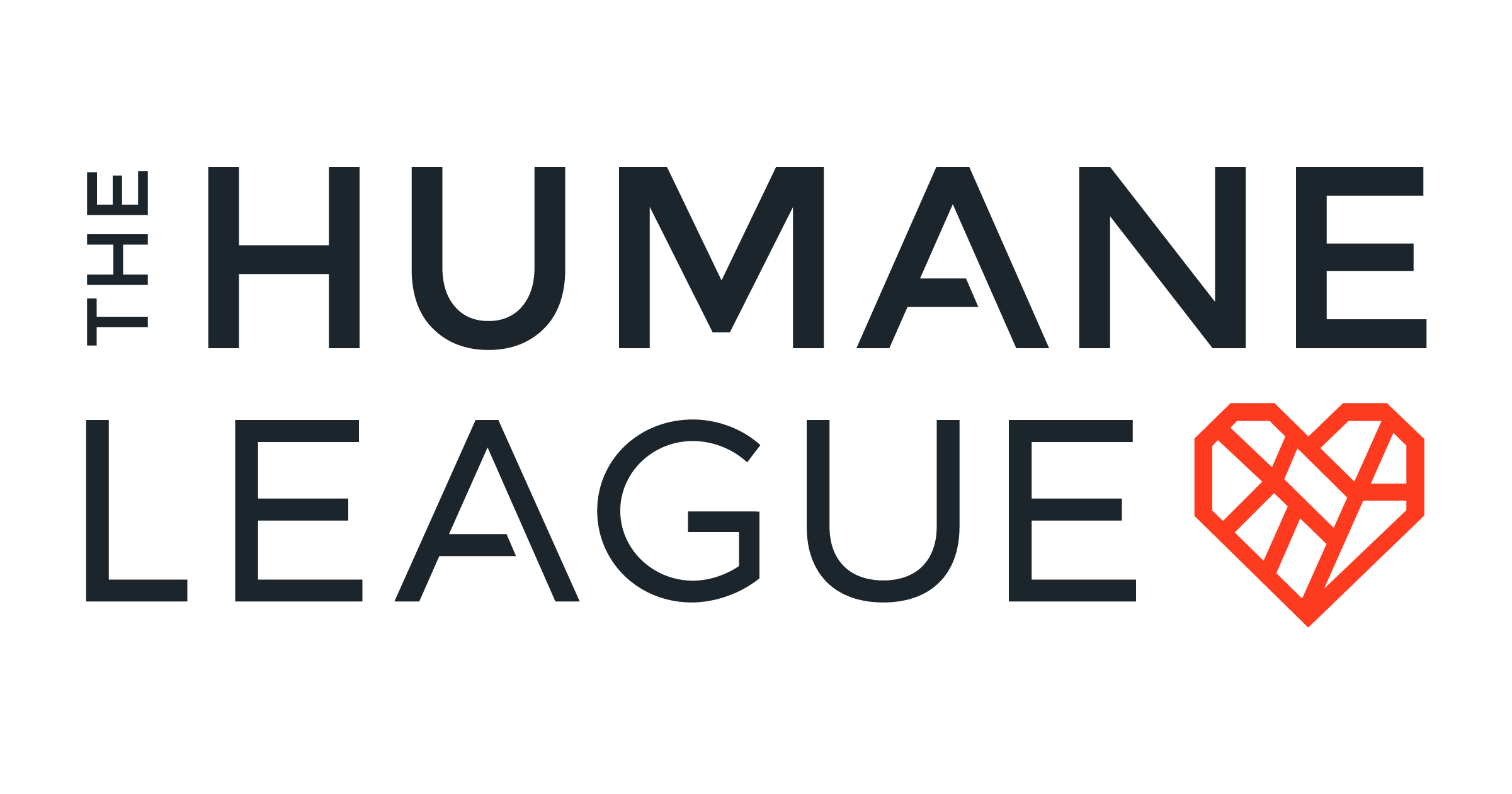
The Humane League
The Humane League (THL) operates in the U.S., the U.K., and Japan, where they work to help farmed animals through vegan advocacy and corporate outreach to improve farmed animal welfare standards. THL supports the growth of the global animal advocacy movement via the Open Wing Alliance (OWA), a coalition whose mission is to end the use of battery cages worldwide. THL has been one of ACE’s Recommended Charities since August 2012, when we used a different evaluation process and did not publish reviews. In 2014, THL was recommended in our first official round of ACE charity evaluations and has been renewed as a Recommended Charity ever since.

Wild Animal Initiative
Wild Animal Initiative is a U.S.-based organization working to improve our understanding of wild animals’ lives by advancing the field of wild animal welfare science. By conducting their own research and supporting other wild animal researchers, Wild Animal Initiative aims to increase academic interest in wild animal welfare and identify evidence-based solutions to improving wild animals’ wellbeing. Wild Animal Initiative has been a Recommended Charity since 2020.

xiaobuVEGAN
xiaobuVEGAN (XBVegan) is a nonprofit organization working to reduce farmed animal suffering in China. The group engages in institutional outreach, runs an app that provides resources about vegan options in China, and supports dietary change via a vegan challenge program. xiaobuVEGAN was a Recommended Charity between November 2021 and November 2023.


